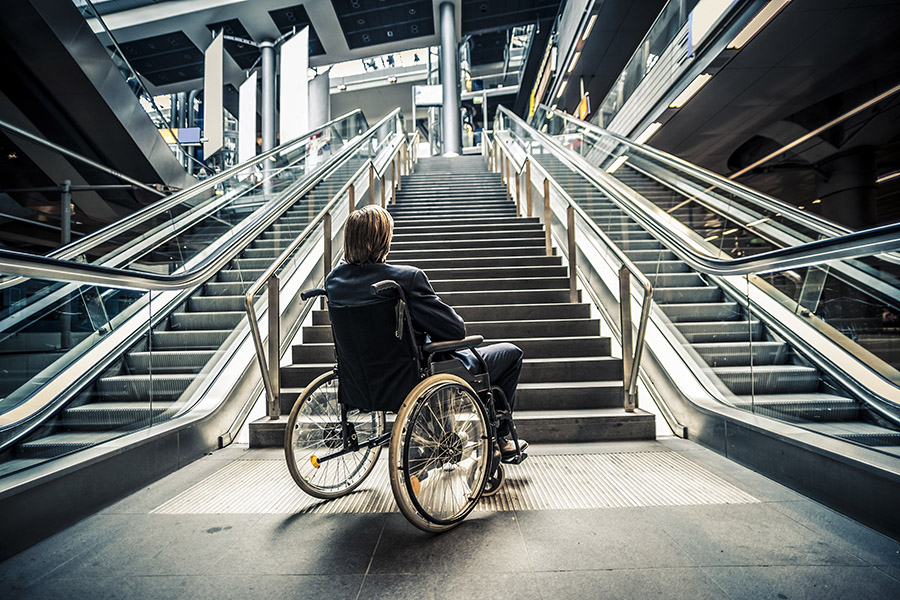
By Dr John Gibney, Senior Fellow
Department of Management, University of Birmingham
It is a different idea – but the many uniquely authentic experience(s) of a ‘life disabled’ teach much about the meaning and practice of a ‘good’ life. People who live with, walk alongside, and navigate physical, learning and mental health disability have much to contribute to the making of good and responsible business and enterprise. None of this is straightforward, however, and there are many battles around equality of opportunity that remain to be fought, as well as overt and hidden stigma and exclusions to be overcome.
The 2018 Leadership Commission report published by the West Midlands Combined Authority (WMCA) – “Leaders Like You” suggests that significant challenges are faced by people with disabilities where they are already occupying, looking to move towards, or contribute to – leadership roles and related activities in business and enterprise settings. As if living with a disability wasn’t challenging enough, people navigating the complex world of a ‘life disabled’, have anxieties about, and face real obstacles today around questions of job security, personal development, career prospects, the perceived capacity to lead and travel-to-workplace difficulties. We can add to this list the issue of self-censorship – where disabled people lack the confidence to apply for leadership roles due to concerns about the conventional ability/disability perception(s) of others (Can I do it? Will I get in the way? Can I maintain the pace? Might I stumble and fall? …). And then there is the more general problem of work organisation – where the complex, hidden and fluctuating conditions of the many varieties of physical, mental health and learning disability require a ‘world of work’ that is flexible and adaptive. Sure, things aren’t as bad as they used to be – there is better equality legislation in some parts of the world and the modern workplace is replete with great technology that allows for a degree of adapted office working, technology-aided remote working and creative freelancing from home, for example. At the same time, however, the growth of pseudo-Darwinian metrics driven workplace mind-sets, along with the socially-illiterate ‘profit at all and any costs’ worldview evident in some types of contemporary business and enterprise leadership practices, brings a ‘higher tide’ on to the beach every season – and disabled colleagues are feeling vulnerable.
There is also good news! Both the business and the “values-based” cases for supporting disabled people to get in to leadership roles and to help influence, diversify and enlighten business and enterprise practices are strong. Leadership development and confidence building work promoted, for example, by Disability Rights UK’s Leadership Academy, and elsewhere in the world by, for example, the Disability Leadership Institute in Melbourne, Australia is really helping to challenge and change stereotypical perceptions of leaders and leadership practice. We need much more of this type of innovative leadership development activity and including closer to home in our own organisations, businesses, cities and regions…
The ‘bigger’ prize for people with disability (and so for wider community) is through their unique life experiences and different ways of thinking about, and of doing leadership, to help create more humane and socially sustainable business leadership propositions. If we are to get anywhere near seeing ‘real and actual’ progressive social outcomes from the investments being made by the new responsible business movement, then we also need more leaders whose worldview, and business and enterprise practice, are infused with the socially-literate learning embedded in the many insightful experiences of the ‘life disabled’.
